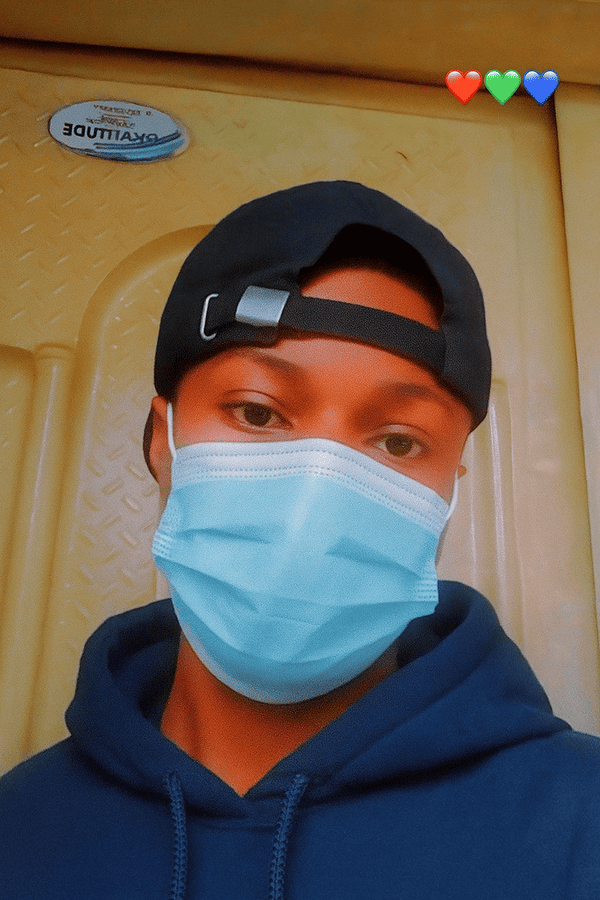Sponsored Advertisements
💱 How Strong Is the Naira Today? — Dollar to Naira Rate, Sept 30, 2025
Leave a Reply
New Discussions
-
Your Background Is Not Your Limitation! 💥

Boniface
2 mins ago00 -
The Silent Battle That Nobody Talks About.

Oscar
6 mins ago00 -
Never Let Anyone Tell You That You Can’t Make It! 💫

Boniface
7 mins ago00 -
Top 10 Nigeria food you should try

Deboyblvck
7 mins ago00 -
🧠💪 7 Healthy Habits That Quietly Change Your Entire Life

Kodi✨🌻
13 mins ago00













Juliet
30 days agoAs of today, the parallel (black market) rate is around ₦1,500 per USD, a slight strengthening from ₦1,510 recorded recently.
Meanwhile, some sources still peg it around ₦1,515 per USD in street trades.
On the official side (Central Bank / NFEM), the rate is lower, reflecting greater restrictions and controls in official forex markets.
---
🔍 What This Means for You & Me
Importers and businesses that rely on dollar purchases feel the pressure — costs go up with a weaker naira in the parallel market.
Students studying abroad / paying school fees overseas will likely pay more.
Everyday Nigerians who buy products with imported components will see price inflation.
People sending or receiving remittances might find the black market gives better value than official channels (but comes with risks).
---
👉 Question for you: Do you pay in dollars or naira more often (for school, shopping, travel)? How does this rate affect your plans right now?